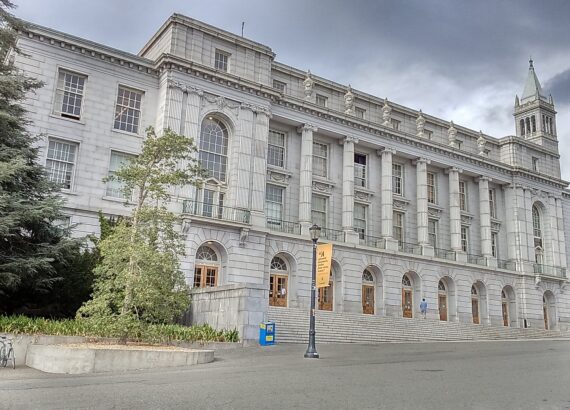Superfreakonomics
Given the uproar that the global warming chapter in “Superfreakonomics” created and the fact that I know something about the subject matter, I decided to skip reviewing the whole book and focus on the chapter where the authors (Steve Levitt and Steve Dubner) discuss the issue of global warming.
Overall, it seems that the criticism of the chapter is largely unjustified. Levitt and Dubner are not claiming that global warming is a myth or that we should do nothing about carbon emissions. Their main point is that geoengineering may prove to be a more effective and cheaper solution than trying to get the world to forego things that emit carbon.
Key good points that the authors touched upon:
- We really don’t know how to model the climate well. Our predictions about what will happen with the rise of CO2 are very crude. Of course, this doesn’t mean that we’re overestimating the impact. We might be grossly underestimating it. There’s a lot of modeling uncertainty.
- Geoengineering could work in theory and it would be incredibly cheap compared to other proposed solutions. In fact, it’s so cheap that a country could use it unilaterally if pressed. My personal opinion is that if CO2 releases are unabated and the effects of global warming intensify, some country WILL decide to use it. If we don’t have a better idea of how the different geoengineering methods work and what the risks are, we’re risking screwing things up even more when some country decides to shoot SO2 into the atmosphere. We should have geoengineering research, in addition, not instead of, research and policies to deal with CO2 itself.
- Getting people to change their behavior is hard. I don’t think the authors are unreasonable in placing more faith in advances in geoengineering v. advances in policies that will get people to cut back on CO2 emissions.
There were two main issues I had with this chapter:
- The authors drawing a parallel between the “cooling scare” of the 1970′s and the “warming scare” of today. Yes, there was a dip in global temperatures that led some scientists during the 1970′s to claim that we were going to enter a new ice age. But there was no clear mechanism for this proposed, no clear indication that this was a long-term trend, and the number of scientists panicking about it was small. It never gained acceptance in the scientific community and wasn’t around for all that long. Nobody respectable claimed we were entering the ice age. Moreover, our climate measurements, both contemporaneous ones and historic ones, were inferior to what we have today, and our understanding of climate much more limited. For more information, see this article.
- The authors framing the global warming debate as a quasi-religious one. Yes, there are extremists out there: people who vehemently deny global warming and people who insist that humanity is on the brink of destruction and preach repentance and a minimalist lifestyle. However, there are also a lot of reasonable people who are weighing the evidence, and the costs and benefits of various options. To stress the extreme opinions only serves to divide people further on the issue and prevents the rest of the world from coming up with a workable solution. There are people out there, for example, who claim that 9/11 was the work of the government as well as people who think we should nuke the Middle East. It’s just not helpful to focus on extremist views in most cases.




Comments are closed.